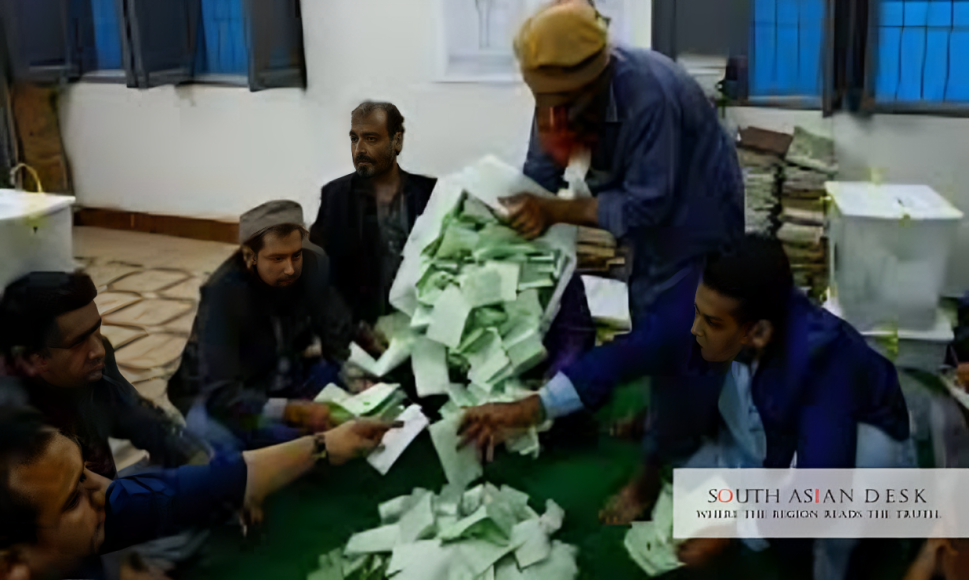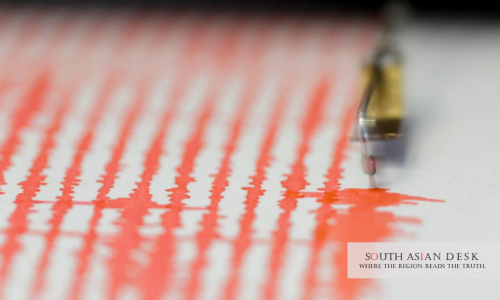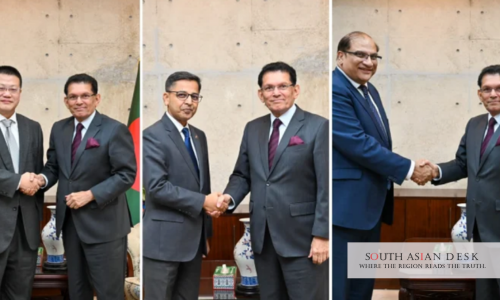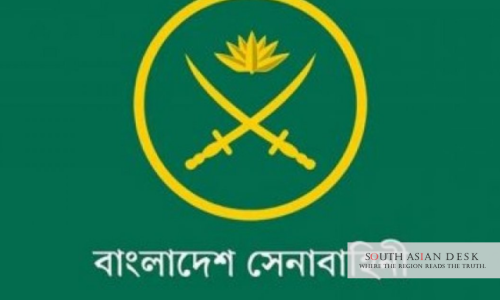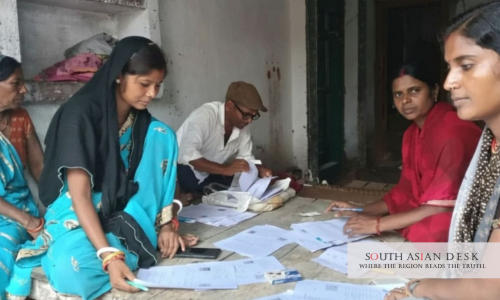The Election Commission of Pakistan (ECP) on Tuesday backtracked on Punjab local elections, withdrawing the delimitation schedule amid the enactment of a new law. This decision, announced in Islamabad, delays polls initially set for December 2025, granting the provincial government four weeks to finalise rules. The ECP backtracks Punjab local elections at a critical juncture for Pakistan’s democracy, where Punjab’s 120 million residents rely on local bodies for essential services like water, sanitation and education. Delays undermine decentralisation efforts across South Asia, where similar systems in India and Bangladesh face scrutiny for efficiency.
ECP Withdraws Punjab Delimitation Schedule
The ECP withdraws Punjab delimitation schedule following a meeting chaired by Chief Election Commissioner Sikandar Sultan Raja on 22 October 2025. According to the commission’s statement, the move aligns with the Punjab Local Government Act 2025, which repeals the 2022 Act and invalidates prior notifications.
The secretary briefed the meeting that the Punjab Assembly passed the Act earlier in October, with gubernatorial approval. “The schedule for local government elections in Punjab has been withdrawn,” the ECP stated. “The Punjab government has been granted four weeks to frame delimitation and demarcation rules under the 2025 Act. No further extensions will be given.”
This reversal comes just two weeks after the ECP’s 8 October directive, which mandated delimitation completion within two months and polls in the last week of December 2025. The earlier order emphasised strict timelines, stating: “The election programme should be announced, and the election should be held in the last week of December 2025.”
Punjab LG polls delay ECP action stems from the new law’s restructuring of local frameworks, requiring fresh procedures. The special secretary (law) noted that proceeding under the repealed Act would violate the Elections Act 2017.
Background
Punjab’s local governments have faced prolonged instability. The previous term expired on 31 December 2021, after the Supreme Court restored bodies dissolved by the PTI-led government in 2019. Under Article 140-A of the Constitution, each province must establish local systems to devolve political, administrative and financial authority to elected representatives.
Section 219(4) of the Elections Act 2017 requires the ECP to hold local elections within 120 days of term expiry. However, delays persisted, with the 2022 Act initially guiding preparations until its repeal.
The Punjab Local Government Act 2025, enacted on 24 March 2025 and updated in October, introduces union councils with powers over local planning and licensing. It aims to strengthen the third tier of government but has sparked debate over implementation timelines.
Critics highlight the absence of constitutional provisions for perpetuity in local systems. Muddassir Rizvi from the Free and Fair Election Network observed: “Local governments are clearly not a priority of the Punjab government, nor is there any constitutional compulsion to ensure their perpetuity.”
PTI parliamentary leader in the Senate, Barrister Syed Ali Zafar, criticised the ECP for failing its constitutional duty, calling the postponement a “flimsy pretext” amid amendments.
Punjab LG Polls Delay ECP Implications
The Punjab LG polls delay ECP has raised concerns among stakeholders. With no local bodies since 2021, administrative burdens fall on provincial authorities, affecting service delivery in Pakistan’s most populous province.
Observers note that the four-week deadline ending around 19 November 2025 could lead to further hearings if unmet. The ECP warned of an “appropriate decision” in case of non-compliance, potentially enforcing polls under interim rules.
This development echoes broader challenges in Pakistan’s electoral landscape. In South Asia, where decentralisation is key to governance, Punjab’s delays could influence perceptions of democratic maturity, especially as neighbouring India conducts regular local polls.
The ECP backtracks Punjab local elections also intersects with political dynamics. The PML-N-led Punjab government requested the adjustment, citing the new Act’s requirements. Opposition parties argue it perpetuates central control.
Data from the ECP shows over 50,000 local seats at stake, including union councils and metropolitan corporations. Delays cost an estimated PKR 500 million in administrative overheads annually, per government reports.
What’s Next
The Punjab government must submit delimitation rules by mid-November 2025. If achieved, the ECP could announce a revised schedule, potentially holding polls in early 2026. Failure might prompt legal action or Supreme Court intervention, as seen in past restorations. The ECP backtracks Punjab local elections underscores the need for timely reforms to restore grassroots democracy.
The ECP withdraws Punjab delimitation schedule, marking another chapter in Punjab’s electoral saga. As the province navigates this, the focus remains on balancing legal changes with constitutional mandates. Punjab LG polls delay ECP reflects systemic issues, but the four-week window offers a path forward. Stakeholders await compliance to avoid indefinite postponement.
The ECP backtracks Punjab local elections amid ongoing debates, with the new Act’s implementation key to resolution. Punjab LG polls delay ECP has drawn mixed reactions, yet the commission’s directive aims for legal alignment.
The ECP withdraws Punjab delimitation schedule, prioritising the 2025 framework over rushed polls. As deadlines approach, the ECP backtracks Punjab local elections could either expedite or further stall local governance. Punjab LG polls delay ECP emphasises the urgency of rule finalisation. The ECP withdraws Punjab delimitation schedule, setting the stage for potential 2026 elections.
In conclusion, the ECP backtracks Punjab local elections to ensure compliance with the new law, potentially bridging the governance gap in the province.
Published in SouthAsianDesk, October 22nd, 2025
Follow SouthAsianDesk on X, Instagram, and Facebook for insights on business and current affairs from across South Asia.


